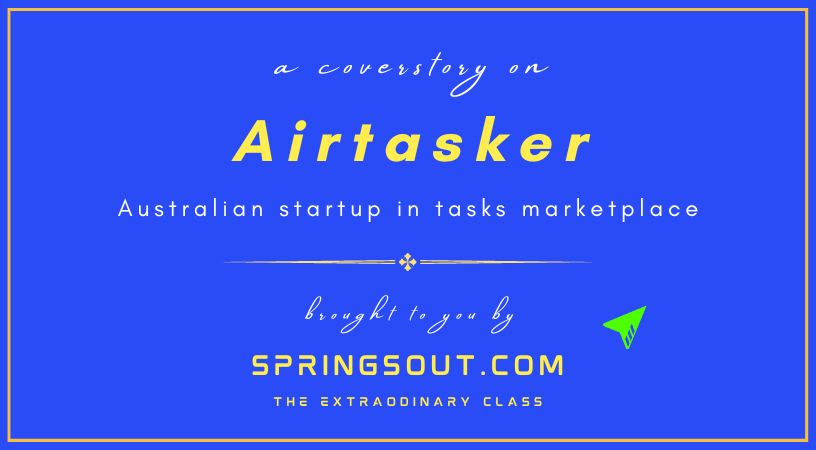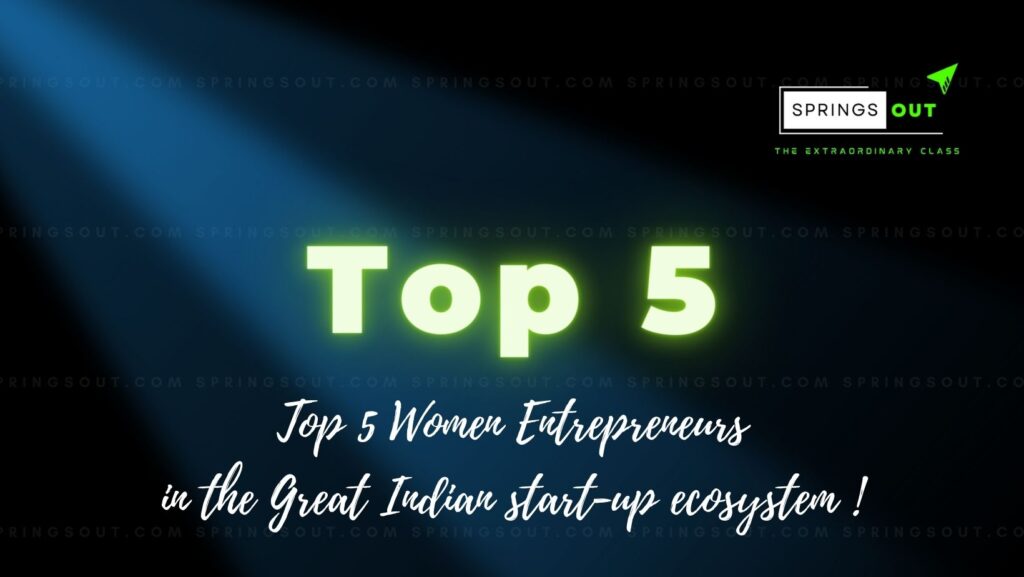
ZOHO is a marvel in itself. It is extraordinary in its approach! Here is the narrative of Sridhar Vembu, the man who founded Zoho, who is renowned for his fortitude, tenacity, and excellence.
Quick History of ZOHO!
Zoho was initially founded by two brothers, Kumar and Shekhar Vembu, who worked from home, and Tony Thomas, who oversaw its US subsidiary. Sridhar Vembu didn’t enter the picture until Tony traveled to Las Vegas to attend a trade event and was looking to hire someone on sales at that point.
Before rising to the top, the company had numerous low points. They first understood that developing new goods was essential for surviving in the business world, so they created a sales staff, which eventually led to Sridhar Vembu becoming the company’s official CEO in 2000. He has been the cornerstone of their success; unlike their rivals, Sridhar and his team decided to build new products from scratch while also maintaining steady revenue growth. He ensured that Zoho would start off with a positive cash flow.
ABOUT SRIDHAR VEMBU
A district called Tenkasi in southern Tamil Nadu, which is well-known for its Courtallam Five Falls, is located at the very edge of India. It is compared to the five-headed cobra from mythology and is also supposed to have healing properties.
A Chennai-based software product company purchased 4 acres of land in the Mathalamparai hamlet to start its business on. The proprietor of the software company was raised in the San Francisco Bay Area after graduating from Princeton University. He was born in Tamil Nadu. The owner in question is none other than Sridhar Vembu.
He actually enjoys the mornings; he gets up at four in the morning and, on exceptional occasions, either takes a long walk or takes a dip in the village. Returns for breakfast before beginning his day with engineering tasks, code review, and customer service.
Vembu places a high value on Swadeshi (made in India), but he also recognizes the necessity of intercontinental trade.
Cover Story on Cult.fit and Mukesh Bansal & Ankit Nagori
He goes on to elucidate Japan as an example, “When you go to rural Japan, you can see a wealthy society. Roads are good, infrastructure is great and you don’t see any homeless people, you don’t see any poverty. At the train station, the trains run on time. The trains are clean, high speed trains, all of that. That is wealth. Clearly Japan is wealthy. And to me, wealth actually also connotes resilience. Capital is something that protects you from adversity.”
He established Zoho (formerly AdventNet) in 1996 to create software solutions at a time when IT services were the most hyped. He continued by renaming the business Zoho to signify its transformation from a software vendor of network equipment to an online application provider.
ABOUT ZOHO
More than 400 apps are currently available on Zoho, which also offers CRM (customer relationship management) solutions for human resource, online accounting, and inventory management. A select few of these applications, including the Zoho Desk, were developed right here in Mathalamparai.
The two rural offices that Zoho has are located in Renigunta and Tenkasi. There are two meanings associated with Sridhar’s explanation of why the offices are located in a rural area. One of them was that Sridhar wanted the majority of his employees to be from rural backgrounds because this would allow for “cross-fertilization” of ideas. On the other hand, when it came to people from urban areas, they would be the ones who would sort of mentor the local youth, making it a two way exchange process. For this to happen, he’ll have to start off with his business locally.
The first unicorn software company, Zoho, has a 2019 Forbes valuation of $1.83 billion. For a total income of Rs 3,410 crores, the company reached at Rs 516 crores. It is renowned for its accomplishments both domestically and abroad.
Vembu primarily focused on ensuring that his army of engineers had practical training in addition to classroom instruction. In the beginning, Zoho was referred to as a school because it sought to develop people with potential skills and abilities. In contrast to other universities or schools that require students to pay tuition, Zoho schools instead give students a stipend of Rs 10,000 for the duration of their course, or two years.
They started out with just six students and two professors who catered to them, but as of right now, they have grown to 800 pupils, the most of them are from Tamil Nadu. The institute’s location in Chennai means that students may connect with the employees more easily and, in a sense, get a taste of office life before joining one. This early exposure allows the individuals to have prior experience in the field while they’re still studying.
The other workers are Saran Babu Parasmasivam. He didn’t even know how to use a computer when he first started in 2005, but today he works for Zoho as a senior manager. He is not the only one to have encountered this situation. Many others like him have been able to occupy higher positions in the workplace hierarchy without having a recognised degree. Their society is quite accepting of them, demonstrating that they don’t give much thought to someone’s level of education. Since joining Zoho about 15 years ago, Saran has not only served as an example for others but also for his brother, who is now also employed by the company.
“I don’t have a degree, and you know how difficult it is to go through an arranged marriage, “said Saran Babu Paramasivam. “However, after explaining what I do, to my wife’s family, they were persuaded. It was encouraging to see how society is evolving and how a college education is no longer necessary. All of my goals have been attained; I possess a home, a car, and have visited the majority of the world’s nations.”
In conclusion, this little start-up was created in the southern Indian city of Chennai’s suburbs with all of this in mind. This startup’s primary goal is to “create smart technology to improve business operations.” They strive to learn from their errors and continue to question accepted practices in their line of work. Another distinguishing characteristic of them is that, in contrast to other official start-ups, they are smaller offices located in the suburbs, providing employment prospects for the locals.
–
What is your opinion about ZOHO?
Do you think it is a great example of social entrepreneurship?
Or is it a capitalist and only profit oriented company with some CSR in place?
Have you witnessed any other examples – similar to ZOHO?
*Disclaimer: If any information provided in the article is not appropriate – kindly write to us at hi@springsout.com All the details mentioned above have been written and composed by researching from the various resources both online and offline. All with the help of books & magazines, corporate websites, founders websites, business websites and search engines like google.com, bing.com et al. The sole purpose of sharing this information is to boost the zeal of entrepreneurship and ignite the passion of many budding entrepreneurs.









